
Arizona’s declining groundwater problem
New research conducted by Arizona State University scientists reveals that Arizona’s groundwater supply is depleting at a rapid rate. Using NASA’s Gravity Recovery and Climate Experiment (GRACE) satellite data, scientists tracked significant losses in the Colorado River Basin’s aquifers between 2002 and 2024, with Arizona bearing the brunt of the decline.
“That’s an amount roughly equal to the storage capacity of Lake Mead,” said Karem Abdelmohsen, the study’s lead author in an interview with NASA.
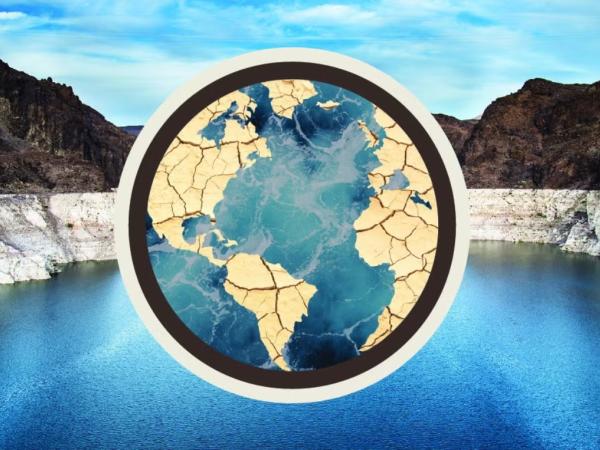
Arizona's aware groundwater is drying up. This ASU study says it's happening across the globe
New research finds the planet has experienced an unprecedented loss of freshwater since 2002. And, the study shows more than half of that water loss is coming from groundwater. The data, published in the journal Science Advances, also finds about three-quarters of the global population lives in countries that’ve been losing freshwater over that time. Jay Famiglietti is a hydrologist and a Global Futures professor at Arizona State University’s School of Sustainability. He’s also the study’s principal investigator.
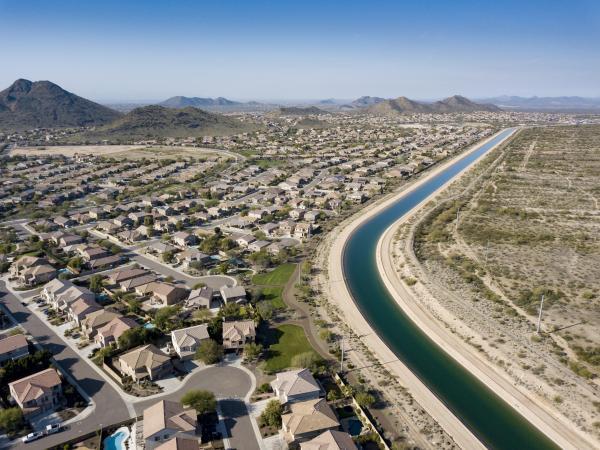
Phoenix Secures $179 Million in Federal Funding for North Gateway Water Purification Facility
Dave White, associate vice president of research advancement at Arizona State University, highlighted the importance of community trust in the technology. “Public understanding and acceptance of advanced water purification is critical to success,” he noted.

WIFA will evaluate six water importation proposals for possible funding
"If some of these projects are successful ... it will make Arizona more water resilient," Sarah Porter, director of the Kyl Center for Water Policy at Arizona State University's Morrison Institute for Public Policy, told Axios.

US in a tight squeeze as water demands soar
America’s has a hidden water crisis. Parts of the US are drying out, and scientists warn the aquifers that keep the Southwest alive are disappearing far faster than they can be replenished. Jay Famiglietti, a global futures professor at Arizona State University who has extensively studied the nation’s water supplies, joins The Excerpt to explain.
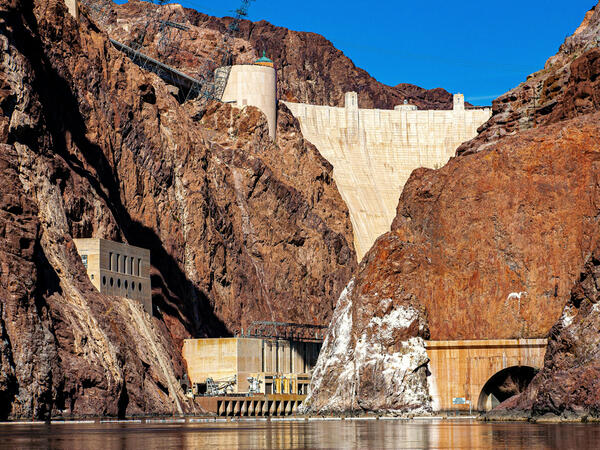
Colorado River water rights: Arizona mayors host meeting to talk about water future
Roughly 30% of Arizona's water supply comes from the Rocky Mountains. Who gets how much is based on a contract signed in 1922 and an updated agreement in 2007. Arizona is at the bottom of the pecking order.
"And they don't necessarily want to do things to take cuts to help Phoenix or Tucson, and it's not even clear the cities agree on what should be done," said Sarah Porter, director of the Kyl Center for Water Policy at ASU's Morrison Institute.

Groundwater disappearing from Arizona at alarming rate
A new global study shows freshwater is disappearing at alarming rates. ASU-led research uses 20 years of satellite data to reveal unprecedented continental drying. Jay Famiglietti who is the Global Futures Professor at the ASU, School of Sustainability, joined “Arizona Horizon” to discuss more on the what, the why, and the how of this situation.

Southwest in a ‘mega-drying’ zone due to groundwater loss, study finds
“All the drying is happening in the Southwest. Three quarters of the country is getting a little bit wetter, but the southwestern quadrant of the country is getting a lot drier,” said Jay Famiglietti, the study co-author and Global Futures Professor at Arizona State’s School of Sustainability.
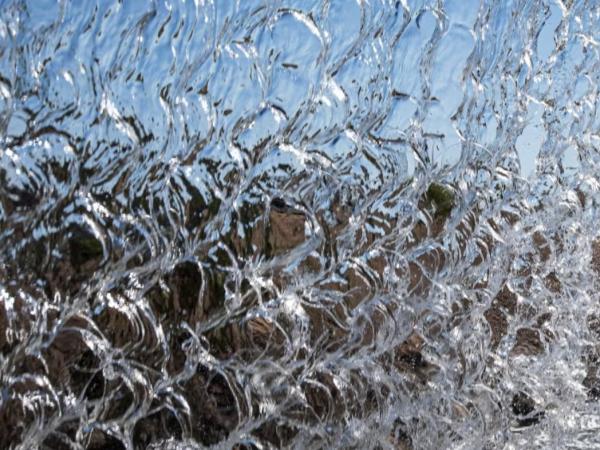
Should Arizona grow cannabis during a drought?
This week on Valley 101, a podcast by The Arizona Republic and azcentral.com, we talk with Sarah Porter, director of the Kyl Center for Water Policy at Arizona State University, to give us a sense of where our water is being used.
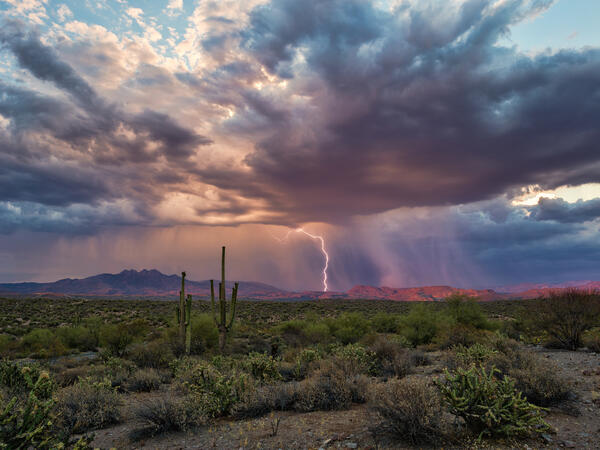
The Colorado River is in a shortage again, amid mounting calls for long-term changes
Cynthia Campbell at Arizona State University said instead of urgently working on a long-term plan, those policymakers seem to have spent the past few years “gambling” on the idea that water might come back and reverse the crisis at major reservoirs. “If they were betting on that,” she said, “Then they're losing, because it is continuing to march on. Mother Nature is continuing to march on, and we're continuing to see declines in the system.”